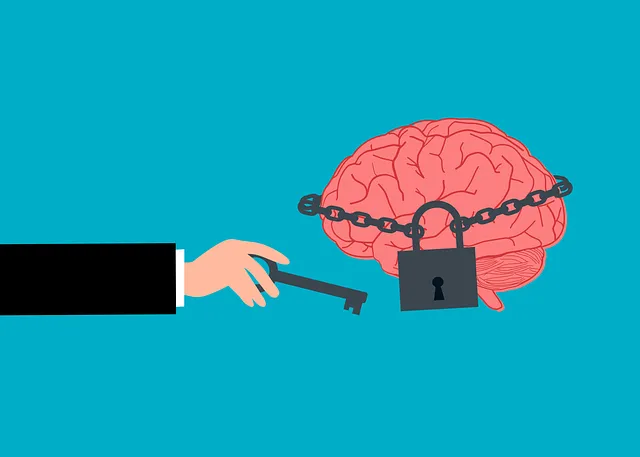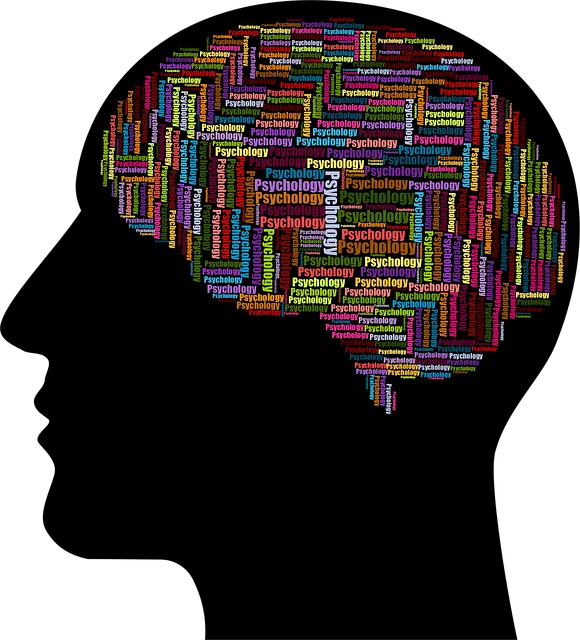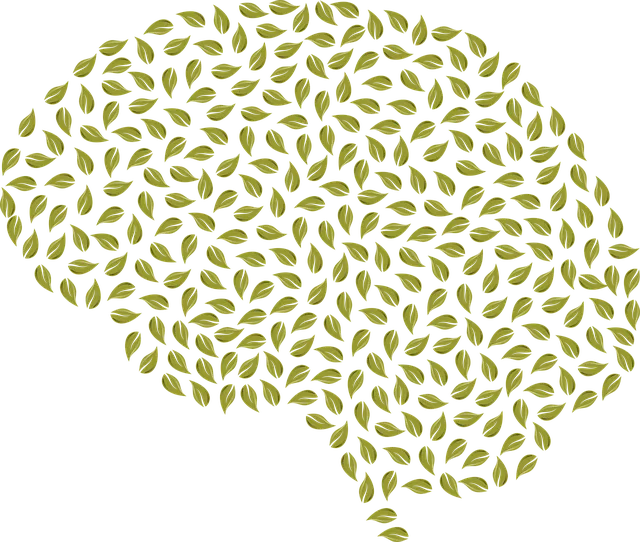The Kaiser Permanente mental health center in Highlands Ranch emphasizes early depression recognition through subtle sign identification, risk factor understanding, and lifestyle changes. Residents can enhance well-being with exercise, mindfulness, and positive thinking, as highlighted in reviews. CBT, EI training, therapy, and community support are key strategies for prevention, fostering cultural sensitivity and mental health policy advocacy. Self-care practices like stress management, physical activity, and social connections are crucial tools recommended by experts at the center.
Depression is a prevalent yet manageable condition, and preventing it starts with recognizing its subtle signs and adopting proactive strategies. This comprehensive guide offers insights from the Kaiser Permanente mental health center, tailored for Highlands Ranch residents seeking well-being. We explore lifestyle changes, therapy options, community support, and self-care practices to empower individuals in their mental health journey. By implementing these strategies, you can navigate life’s challenges with resilience and foster a healthier, happier mind.
- Understanding Depression: Symptoms and Risk Factors (Kaiser Permanente mental health center insights on identifying the signs)
- Lifestyle Changes for Improved Mental Well-being (Highlands Ranch residents' guide to daily routines)
- The Role of Therapy and Professional Support (Reviews of therapy types and their benefits)
- Building a Strong Support Network (Community resources and connections for prevention)
- Self-Care Practices: Managing Stress and Emotion (Practical tips from mental health experts)
Understanding Depression: Symptoms and Risk Factors (Kaiser Permanente mental health center insights on identifying the signs)

Depression is a common yet serious mental health condition characterized by persistent feelings of sadness, loss of interest in activities once enjoyed, and a range of physical and cognitive symptoms. The Kaiser Permanente mental health center in Highlands Ranch offers valuable insights into identifying depression early on, which is crucial for effective prevention and treatment.
According to the center’s reviews, recognizing the subtle signs of depression is essential. Common symptoms include changes in appetite and sleep patterns, fatigue, difficulty concentrating, feelings of worthlessness or guilt, and recurrent thoughts of death or suicide. By being aware of these indicators, individuals can take proactive steps toward well-being. Risk factors for depression, as highlighted by Kaiser Permanente, include a family history of the condition, traumatic life events, chronic illnesses, substance abuse, and certain personality traits. Understanding these risk factors empowers people to implement strategies such as conflict resolution techniques, mood management practices, and emotional healing processes to foster mental resilience and prevent depressive episodes.
Lifestyle Changes for Improved Mental Well-being (Highlands Ranch residents' guide to daily routines)

Highlands Ranch residents can significantly improve their mental well-being through lifestyle changes, backed by insights from local experts at the Kaiser Permanente mental health center reviews. Incorporating regular exercise into daily routines has been shown to boost mood and reduce symptoms of depression. Even a 30-minute walk each day can make a difference, with the added benefit of connecting with nature, which is known to promote tranquility and resilience.
Additionally, cultivating compassion towards oneself and others through practices like mindfulness and positive thinking can be transformative. The Mind Over Matter principles, often discussed at the Kaiser Permanente mental health center reviews, empower individuals to reframe negative thoughts, fostering a more optimistic outlook. By combining these lifestyle adjustments with professional support when needed, Highlands Ranch residents can proactively manage their mental health and create a more balanced and fulfilling life.
The Role of Therapy and Professional Support (Reviews of therapy types and their benefits)

Depression prevention often involves a multi-faceted approach, and therapy stands as a cornerstone in this strategy. According to reviews from Kaiser Permanente mental health centers in Highlands Ranch, various therapeutic modalities have proven effective in combating depression. Cognitive Behavioral Therapy (CBT), for instance, is widely recognized for its ability to help individuals identify and change negative thought patterns and behaviors contributing to depression. Other evidence-based approaches like Mindfulness Meditation, as supported by numerous studies, teach individuals to focus on the present moment, reducing rumination and promoting emotional balance.
Professional support plays a vital role in depression prevention by providing a safe space for expression and guidance. Mental Wellness Journaling Exercise, encouraged by therapists, allows individuals to track moods, thoughts, and behaviors, fostering self-awareness and enabling them to recognize early warning signs of depression. Additionally, Emotional Intelligence (EI) training, integrated into therapy sessions, equips individuals with the skills to understand and manage their emotions effectively, improving overall mental wellness as reviewed by many seeking help at Kaiser Permanente Highlands Ranch.
Building a Strong Support Network (Community resources and connections for prevention)

Building a strong support network is a vital aspect of depression prevention. Community resources and connections play a crucial role in fostering mental well-being. Organizations like the Kaiser Permanente mental health center in Highlands Ranch offer accessible services tailored to diverse populations, emphasizing Cultural Sensitivity in Mental Healthcare Practice. These centers serve as hubs for connecting individuals with like-minded support groups, professional counselors, and peer mentors who understand unique cultural perspectives and barriers to care.
In addition to these structured resources, cultivating self-care practices within a supportive community can significantly contribute to depression prevention. Encouraging open conversations about mental health in schools, workplaces, and neighborhood gatherings helps reduce stigma and promotes early intervention. Mental Health Policy Analysis and Advocacy efforts at local and national levels also ensure that everyone has access to evidence-based resources and services tailored to their needs, creating a more supportive environment for overall mental health and well-being.
Self-Care Practices: Managing Stress and Emotion (Practical tips from mental health experts)

At the Kaiser Permanente mental health center in Highlands Ranch, experts emphasize that self-care practices are essential tools in preventing and managing depression. One key aspect is learning to manage stress and emotions effectively. They recommend incorporating daily mindfulness exercises, such as meditation or deep breathing, to help individuals cultivate emotional regulation and reduce anxiety levels. Regular physical activity is another powerful tool; even short, moderate walks can significantly impact mood by releasing endorphins, nature’s natural antidepressants.
Additionally, mental health professionals encourage the development of strong social connections and skills. Engaging in social activities and fostering meaningful relationships can provide a sense of belonging and support, which are crucial for maintaining mental well-being. Social Skills Training, as offered at the Kaiser Permanente Highlands Ranch center, equips individuals with communication techniques to build and maintain healthy interpersonal dynamics, another vital component in depression prevention.
Preventing depression is a proactive approach that combines various strategies. By understanding the symptoms and risk factors, as highlighted by the Kaiser Permanente mental health center, individuals in Highlands Ranch can take charge of their mental well-being. Incorporating lifestyle changes, seeking therapy, building a supportive network, and practicing self-care, as suggested by experts, are all essential tools in this process. These comprehensive strategies empower residents to navigate life’s challenges and foster resilience against depression. With the right resources, anyone can enhance their mental health and cultivate a brighter, more balanced future.






